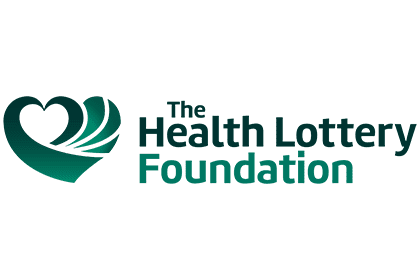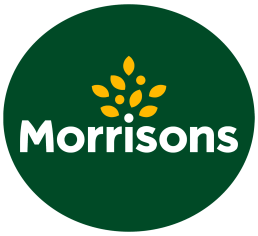The cots used on the children’s unit are around 13 years old, are worn and need upgrading. Unfortunately, with internal funding in short supply and many competing projects, the hospital are not able to replace them. This year new regulations for cots are being released, so it is expected that the new cots will be designed around childcare and handling and will make a positive difference to the safety and the comfort of the patient. They will be easy to use and maintain, helping to deliver the highest standard of hygiene, and will have special features to care for acutely ill children.
Donate now
More Projects
Sheffield Children’s Hospital – AccuVein AV400
The Outpatients Unit at Sheffield Children’s Hospital treats around 10,500 babies and children each year.
Find out more →St Nicholas School, Canterbury – Soft Play Room
St Nicholas School in Canterbury caters for around 360 pupils aged between four and 16 with profound, severe and complex special needs. Some of the most common conditions affecting the young people are cerebral palsy, global developmental delay, autism spectrum disorder, and fetal alcohol spectrum disorders. The school are redeveloping their soft play room to […]
Find out more →Spoons Sensory Sessions – Sensory Resources
Spoons Sensory Sessions are aimed at families with babies and children under two who required neonatal care when they were born due to being premature or sick. Preterm babies are at risk for motor/sensory development and are higher risk for learning difficulties, sensory issues and global developmental delay. As essential care equipment in neonatal units […]
Find out more →“The switch adapted toys have been a wonderful addition to our school. Both staff and children were thrilled to have some new exciting resources. The children love the lights and movement many of these switch toys have and are highly motivated to explore and investigate how to make them work. They have been great for pupils to develop their understanding of cause and effect and we have also noticed improved concentration and engagement when using them. Often it can be difficult to find toys that are robust enough to withstand lots of heavy use AND be interesting and fun. These new resources tick all those boxes. They have made a noticeable impact on the children’s development in this area.”
Sophie Martindale
Teacher
Acorns Primary School, Lancashire











